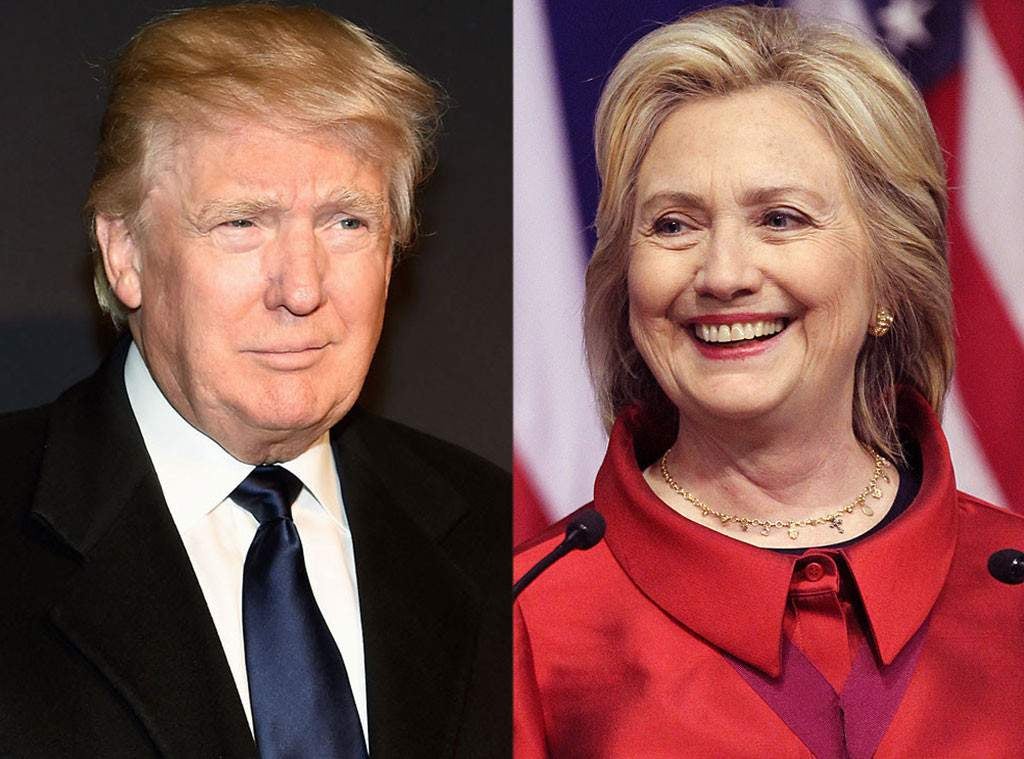
Simon Calton has a look at what might happen to the US economy following the presidential vote.
Historically, the final year of any second presidential term has always been a tough year for the U.S. marketplace and the economy as a whole. This is mainly due to the uncertainty factor, something I talk about often as it plays heavily into the confidence, or lack thereof, in any economy. As I’ve explained previously, this is the key to a growing market place.
In the years that are littered with surprises and upsets, this will more often than not cause a more negative impact on the market. 2016 has seen the most turmoil in respect of the candidates than I’ve seen in my lifetime, so investors should be aware of the economic climate they could face should either candidate emerge victorious.
With the ever growing disenfranchising in the U.S. – and, indeed, in the whole of the Western world – of the public with their leaders, it is no wonder that this has become one of the strangest election campaigns in history.
You have Hilary Clinton seeking to become the first female President of the United States – all whilst having a plethora of criminal investigations hanging over her head, some of which have yet to be concluded. Then there’s Donald Trump – where do we even start? His campaign website reads like a parody, and is by far one of the funniest websites I’ve read, albeit also very scary. The Republican party themselves seem scared to death that this year they may win the election.
My predictions? I think it is safe to safe to say that if we see Hilary win, we may see the economy dip a bit initially but then the market should stabilise very quickly afterward. The only worry here is that Hilary’s attitude toward the legal framework of the world’s leading economy leaves something to be desired and I don’t see any radical changes that will enable the market to prosper. The economy will most probably not grow at any substantial rate but at least there will be outside influences of the Brexit and the inevitable breakup of the EU. She can this ride to a stronger economy, achieving more foreign investment as people look to take advantage of a weaker pound and euro.
If Donald Trump wins the election, we will undoubtedly see a greater dip in the U.S. economy. I think this is mainly due to external influences, as the rest of world watches to see where this move takes the United States. I would hope that shortly after the election stability will be restored. However with the aggressive nature of Donald’s view on the China and Mexico trade deals, the U.S.’s main trading partners, may see more problems in the market place again due to that general buzz word – uncertainty.
Whichever way your vote is swaying for November’s election, please read and study. Make sure you have an understanding of the impact on your local economy and the global subterfuge between that and global markets (which is the disconnection between how your local economy is progressing due to local value generators and how the global markets are progressing due to perception). You must also step outside your own perception and view your decision from a foreign market place point of view.
In these times of interconnectivity and interconnecting trade deals, the impact outside global influences have on your own personal economic situation is greater than ever. Having knowledge of ‘the bigger picture’ is important. Tunnel vision in your decision making will only lead to greater mistakes being made.
Simon Calton is co-founder and Chief Investment Officer at Carlton James Group (https://www.carltonjamesgroup.com/), an investment firm that specializes in the hospitality, property, and technology sectors.






